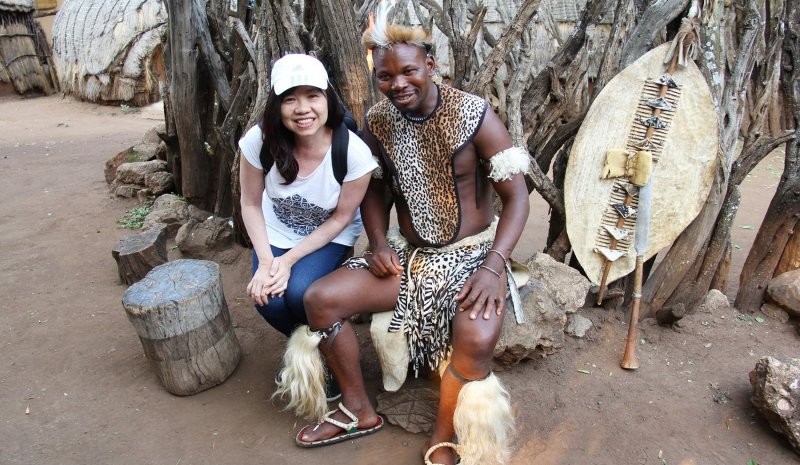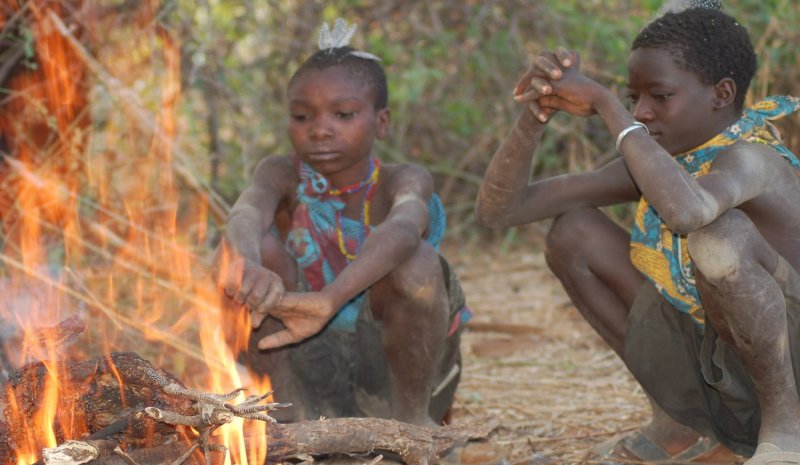 Make a real difference...
Make a real difference... to communities across Africa.
to communities across Africa. Share skills and knowledge...
Share skills and knowledge... and sponsor children...
and sponsor children... to develop a better future
to develop a better future ...and change lives forever!
...and change lives forever!

The mid-20th century marked an unprecedented transformation for the African continent. Decades, and in some cases centuries, of colonial rule gave way to a powerful wave of self-determination, as nation after nation asserted its independence. These pivotal moments, enshrined in specific dates, represent not just the end of foreign domination but the birth of modern African states and the beginning of their complex journeys towards nation-building and self-governance.
While the vast majority of African nations gained independence in the post-World War II era, a few exceptions stand out. Liberia, founded by freed American slaves, declared its independence as early as July 26, 1847, making it the oldest republic in Africa. Ethiopia, uniquely, maintained its sovereignty throughout the scramble for Africa, except for a brief Italian occupation from 1936 to 1941, regaining its full independence in 1941. Egypt secured nominal independence from Britain on February 28, 1922, though British influence persisted for several decades. South Africa became a self-governing dominion of the British Empire on May 31, 1910, though true independence for the majority Black population would only come much later with the end of apartheid.
The aftermath of World War II significantly weakened European colonial powers, while simultaneously strengthening nationalist movements across Africa. The global shift towards decolonisation, combined with the rise of the United Nations and the Cold War dynamics, created fertile ground for independence struggles. The first sub-Saharan African nation to achieve independence in this new wave was Sudan, on January 1, 1956. This was quickly followed by two North African nations: Morocco on March 2, 1956, and Tunisia on March 20, 1956.
A monumental moment arrived on March 6, 1957, when the Gold Coast became Ghana, under the charismatic leadership of Kwame Nkrumah. Ghana's independence served as a powerful inspiration for other African nations, demonstrating that self-rule was not only possible but imminent.
The year 1960 stands as the most significant milestone in Africa's decolonisation history, often referred to as "The Year of Africa." In this single year, an astonishing seventeen African nations gained their independence, fundamentally reshaping the political map of the continent. The wave began on January 1, 1960, with Cameroon. It continued rapidly through the year and reflected a combination of factors, including the strategic withdrawal of France from its vast West and Central African territories and the growing momentum of pan-Africanism.

The Continuing Ripple Effect: The 1960s and 1970s
The momentum of self-rule continued well into the 1960s. British colonies followed suit: Sierra Leone (April 27, 1961), Tanganyika (December 9, 1961 – later merging with Zanzibar to form Tanzania in 1964), Uganda (October 9, 1962), Kenya (December 12, 1963), Malawi (July 6, 1964), Zambia (October 24, 1964), and The Gambia (February 18, 1965). Other nations gaining independence during this period included Algeria (July 5, 1962), after a brutal and protracted war against France; Rwanda (July 1, 1962) and Burundi (July 1, 1962) from Belgian rule; and the former British protectorates of Botswana (September 30, 1966) and Lesotho (October 4, 1966). The island nations of Mauritius (March 12, 1968) and Eswatini (September 6, 1968) – then Swaziland – also gained their freedom.
The mid-1970s saw another significant wave, driven by the Carnation Revolution in Portugal in 1974, which led to the decolonisation of its African territories. Guinea-Bissau had declared unilateral independence on September 24, 1973, which was recognised by Portugal in 1974. This was followed by Cape Verde (July 5, 1975), São Tomé and Príncipe (July 12, 1975), Mozambique (June 25, 1975), and Angola (November 11, 1975). The struggle for independence for some nations was prolonged by settler resistance or unique internal circumstances. Zimbabwe (formerly Rhodesia) gained its independence on April 18, 1980, after a protracted armed struggle against white minority rule. Namibia achieved independence on March 21, 1990, after decades of South African occupation and a UN-supervised transition.
The most symbolically significant "independence" for the continent came on April 27, 1994, when South Africa held its first democratic, non-racial elections, marking the official end of the apartheid regime and achieving true self-determination for its majority population. Other notable later independencies include Eritrea from Ethiopia on May 24, 1993, and the most recent, South Sudan, on July 9, 2011, following a referendum for secession from Sudan.
The African independence dates are more than mere entries in a calendar; they are indelible markers of courage, sacrifice, and the unwavering human desire for freedom. While the post-independence era presented its own complex challenges – including nation-building, economic development, and political stability – these dates symbolise the continent's successful reclamation of its destiny. They represent the moment Africa stepped onto the global stage as a collection of sovereign nations, charting its own course in the modern world.
Country Independence Dates From
This is a list of African countries by independence dates, detailing when independence was achieved and from who. The graphic (above) shows most countries gained their independence in the 1960s. For full detailed information about the circumstances of each country's independence, download the file below.
Algeria
5th July 1962
France
Angola
11th November 1975
Portugal
Benin
1st August 1960
France
Botswana
30th September 1966
Great Britain
Burkina Faso
5th August 1960
France
Burundi
1st July 1962
Belgium
Cameroon
1st January 1960
1st October 1961France
Great Britain
Cape Verde
5th July 1975
Portugal
Central African Republic
13th August 1960
France
Chad
11th August 1960
France
Comoros
6th July 1975
France
Congo, Dem Republic
30th June 1960
Belgium
Congo, Republic
15th August 1960
France
Côte d'Ivoire
7th August 1960
France
Djibouti
27th June 1977
France Egypt
28th February 1922
Great Britain
Equatorial Guinea
12th October 1968
Spain
Eritrea
November 1941
24th May 1993Italy
Ethiopia
Ethiopia
Never a European Colony
Gabon
17th August 1960
France
Gambia
18th February 1965
Great Britain
Ghana
6th March 1957
Great Britain
Guinea
2nd October 1958
France
Guinea-Bissau
24th September 1973
Portugal
Kenya
12th December 1963
Great Britain
Lesotho
4th October 1966
Great Britain
Liberia
Never a European Colony
Libya
10th February 1947
24th December 1951Portugal
UK/French Mandate
Madagascar
26th June 1960
France
Malawi
6th July 1964
Great Britain
Mali
4th April 1960
France
Mauritania
28th November 1960
France
Mauritius
12th March 1968
Great Britain
Morocco
2nd March 1956
7th April 1956France
Spain
Mozambique
25th June 1975
Portugal
Namibia
21st March 1990
South Africa
Niger
3rd August 1960
France
Nigeria
1st October 1960
Great Britain
Rwanda
1st July 1962
Belgium
Sao Tome and Principe
12th July 1975
Portugal
Senegal
4th April 1960
France
Seychelles
29th June 1976
Great Britain
Sierra Leone
27th April 1961
Great Britain
Somalia
1st July 1960
Italy
Great Britain
South Africa
31st May 1910
Great Britain
Sudan
1st January 1956
Great Britain
Egypt
Swaziland
6th September 1968
Great Britain
Tanzania
Tanganyika
Zanzibar9th December 1961
10th December 1963
Merger 26th April 1964Great Britain
Togo
27th April 1960
France
Tunisia
20th March 1956
France
Western Sahara
14th November 1975
Spain
Uganda
9th October 1962
Great Britain
Zambia
24th October 1964
Great Britain
Zimbabwe
11th Nov 1965/18th April 1980
Declared/Recognised by UK
|
|
|

|
Main sections of this site:
Details of current volunteer work
opportunities in each of the
countries of Africa.
Find how to sponsor a child in Africa
with our list of organisations,
charities, programs and projects.
Discover all about Africa, its tourist
attractions, history, people, culture
and daily life there.
A treasure trove of African
resources from webcams to
free downloads and news.